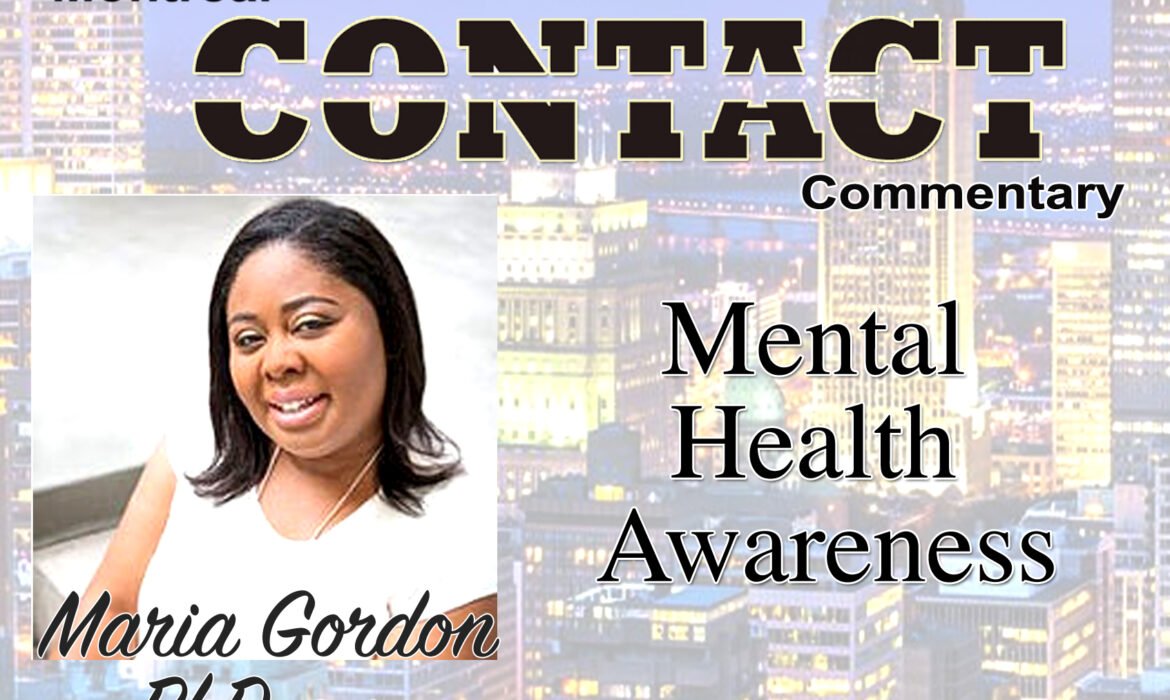Oh, the sweet, sweet sounds of music! 
During this pandemic have you spent time listening to a lot of music? I know that I have.
There is just something about music that seems to have the ability to energize me and to lift my spirits. Have you ever noticed how music seems to have an impact on the way that you feel?
When we listen to music it seems to have the power to stir up a range of emotions within us, such as feelings of joy, sadness, calm and pleasure.
There are many psychological benefits to listening to music.
As human beings, music unifies us all; it can transcend cultures, countries, and economic classes. Music has also had a history in helping to sustain and maintain mental wellbeing, especially within Black culture. We can trace the ways in which music has historically occupied a significant place as the heartbeat and pulse of the Black experience worldwide.
From the early roots of drums and dance to singing spirituals while enslaved, to soul piercing rhythm and blues, followed by sultry jazz to today’s popularized hip-hop.
It is not coincidental that music can greatly impact the way that we feel because interestingly, music can mirror the emotions that we experience.
For example, a song created with a slow rhythmic pace and tone can resemble the sadness that we might be feeling. And the opposite can be true; a fast upbeat tempo can bring on feelings of excitement, joy and make us want to dance.
Scientific research tells us listening to music can impact our moods and emotions in significant ways due to a neurotransmitter called dopamine, which is a chemical messenger we produce in our brain that among its many functions plays an important role in signalling and regulating emotions, especially feelings of pleasure.
Also, music is unique in that it can be effective as something experienced as an individual or as a social interaction.
Music therapy
Knowing that music is a powerful force for healing has existed within the field of music therapy since the 1800s.
A music therapist is a health professional that uses music as a tool to heal. This is achieved by using relaxing music to assist in lowering levels of anxiety and stress and to invoke feelings of calm.
Music therapists also teach music and assist those with disabilities to strengthen weakened areas of motor function or communication skills by interacting with music and having clients play musical instruments.
Music as medicine that heals
If you do not have access to a music therapist, fear not, below is a list of accessible strategies for using music as a way to heal one’s body and mind:
➢ Sing or hum as a way of reducing feelings of anxiety or stress.
➢ Listen to soothing music to mediate.
➢ Sing gospel spirituals to re-connect in prayer.
➢ Share a play-list of your favourite feel-good songs with friends and loved ones.
➢ Play music or learn to play an instrument.
➢ Watch an online music concert or musical
➢ Join a choir.
➢ Write a poem or lyrics that can be turned into a song
➢.Try listening to different types of music and notice how each genre affects your mood
➢ Use music to assist in re-calling happy memories
➢ Play music to motivate you
➢ Listen to music while taking a walk, doing house work or while doing any form of exercise
➢Before bed, play relaxing music rather than spending time on your computer or watching television.
Be well!
Maria















